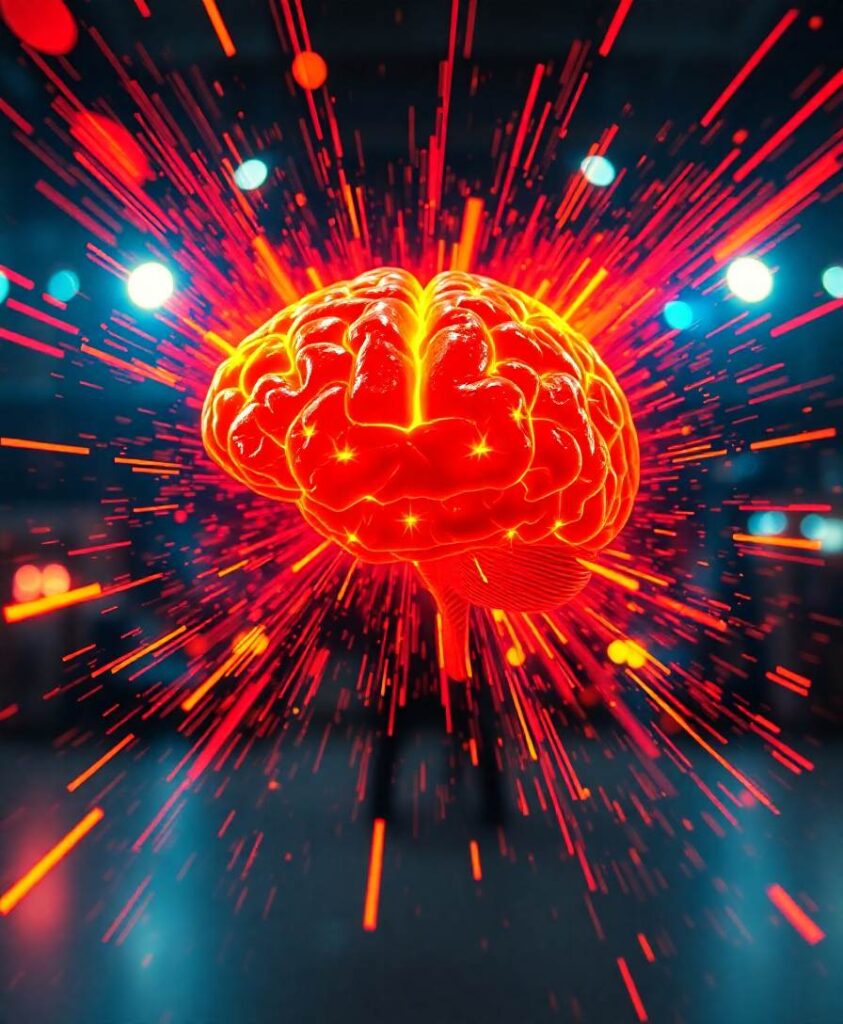Depression is a prevalent and disabling psychiatric disorder characterized by persistently depressed mood as well as a host of other heterogeneous symptoms, such as loss of pleasure or interest, feelings of guilt and worthlessness, changes in appetite and weight, tiredness and lack of energy, sleep disturbances, and impairments in cognitive function such as attention and memory [1]. In addition, depression is the leading cause of persistent impairment in well-being and quality of life and is associated with significant morbidity and mortality [2].

